Today I’m participating in a Speed Mentoring program at a local high school. I’m one of 30 mentors giving kids my best 3 minutes of advice, rotating through five groups of 10 kids each. So essentially I’ll be imparting “wisdom” on 50 kids. Wow! Talk about the weight of responsibility.
But as I honed that nugget of wisdom for teens, I thought about what speed mentoring might look like for writers. As I mull over what I might consider my best writing sound bite, I’m wondering what yours would be.
So take a look at this “Minute Mentoring” video, then post your best snippet of writing advice in the comments below.



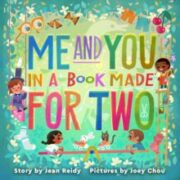
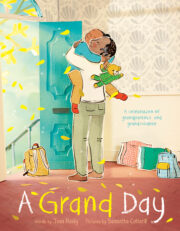
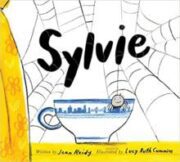
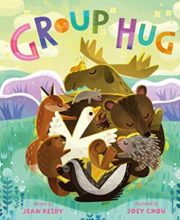
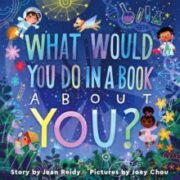
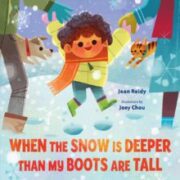
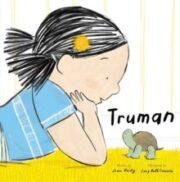

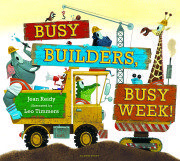
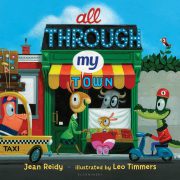
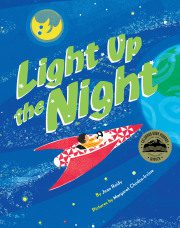
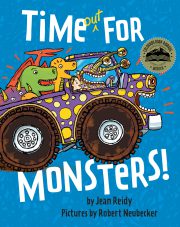
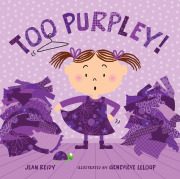
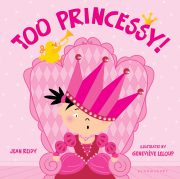
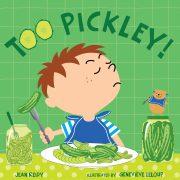
Okay. Here goes. <br />Stay current in your genre. Read in your genre. But make sure your selections are current and relevant. Top 100 lists are fine as a cross reference, but don't be lured into simply reading classic favorites. Ask your bookseller or librarian for the titles they can't keep on the shelves today, then read and take notes.
Don't be afraid to write stuff that just seems like utter garbage when you read it. With every written piece there'll be a time when you need to buckle down and really make it as good as it can be, but that's not the first step. You have to START writing and KEEP writing before you get to that step, and the best way to do that is to get in the habit of continuing to write even if you
Have confidence in your ability to write, and write as much as you can. The more you write, the more you learn about the craft of writing (what works and what doesn't) and as you get better your confidence will grow. Don't listen to anyone who tells you to give up. For those who tell you that, tell them you're going to put them in your novel. Sue Fliess, children's book author
Trust yourself. Trust your story. (A direct lift from Instructions by Neil Gaiman but so true that I write it down when I'm stuck.)
Listen carefully to the world around you. Pay attention; look, then look again. Know that your story is unique, beautiful, fluid, and precious. Write every day, even if it's just one line — developing the habit is important. Keep a "writer's notebook", some place that holds your ideas, dreams, wonderings, lists, what ifs — anything, a place where you don't have to "
Write all the way through to the end of your manuscript before you even dream of editing. Keep the nice things people say about your work in a file that you can pull out when you're discouraged. Remember that even great writers continue to get rejections throughout their careers. Don't respond to editorial feedback for at least 24 hours. And surround yourself with people who support your
When you're starting out, don't tell anyone that you are writing a book. Keep it a secret (okay, maybe tell your husband or wife or life partner, but that's it). That way, you are not answering any guilt-inducing, nay-saying questions like: aren't you finished with that? Or, haven't you found a publisher yet? And you don't have to hear about a friend's cousin who
Bone-headed stubbornness pays. Okay. I got that from Jane Yolen. But it came at a stage of my writing when it really spoke to me. I didn't know whether I was talented, but I knew that I could be stubborn. <br /><br />Don't just write what you know. Write what you care about and your passion will come through to the reader.
Develop an appreciation for feedback. This is quite possibly one of the hardest things about writing, but also the most important. No one likes to hear that their baby is ugly. Find beta readers whose opinions you trust, but know that you will not always agree with all of their comments. Ask clarifying questions, but don’t argue or try to explain. Decide what feedback to implement and what
You can't be anyone but YOU as a writer. Jane Austen might be your hero, but you're not her. You might think Suzanne Collins or Stephen King totally rock, but you can't be them, either. Find your voice, your style, and try not to compare yourself to others. Very hard, indeed. But think of it like music: there's a place for Beethoven and a place for the Beatles. They're both
Take yourself seriously. If you don't, no one will. Give yourself room to grow by exploring workshops and critique groups, and find a supportive community through places like the Blue Boards or Absolute Write or other sources on and off line. Carve out your own space were you can write (even if it is a desk in the corner of the playroom). Protect that your writing time. Don't bend
Realize that writing isn't always easy but it can, and ought to be, fun. So, find the fun! If you're feeling competitive, try increasing your word count with a Word War against your writing friends or race against the clock in http://www.writeordie.com Consider building your characters and setting through playlists, sketches, photo collages, whatever suits you. Sometimes it takes just a little
Stretch yourself. Don't just say, I only write poems or short stories or fiction. If an opportunity comes to write greeting cards or articles or test questions … take them. The Universe opens doors — walk through them and discover and grow. Finally, trust your instincts. Sometimes it doesn't feel right to walk through a certain door … even for all the money in the world. Don't
Read, read, read–especially what's being published in the kind of book you want to write. Then take a risk in your writing. At least one. And see what happens.